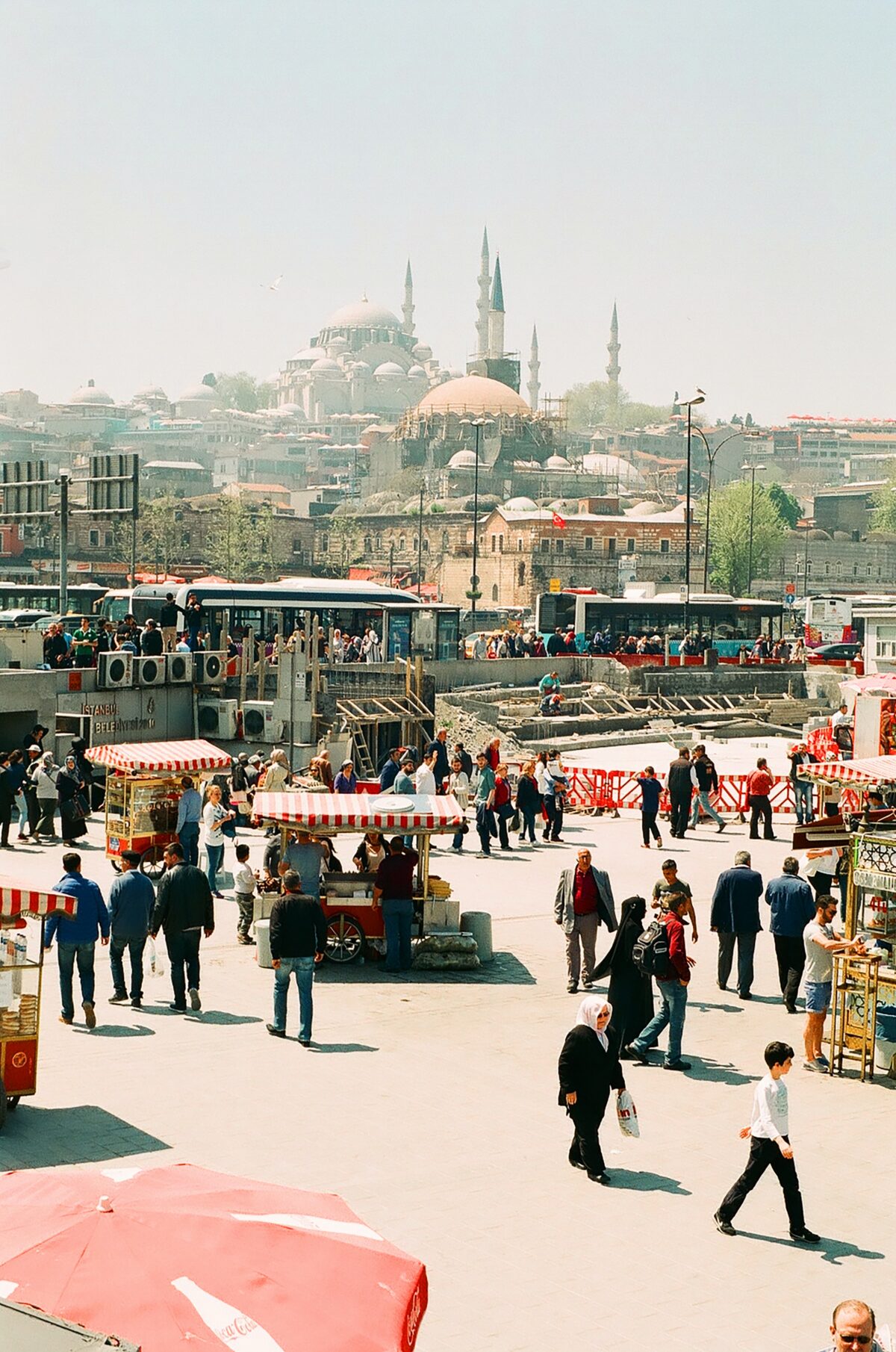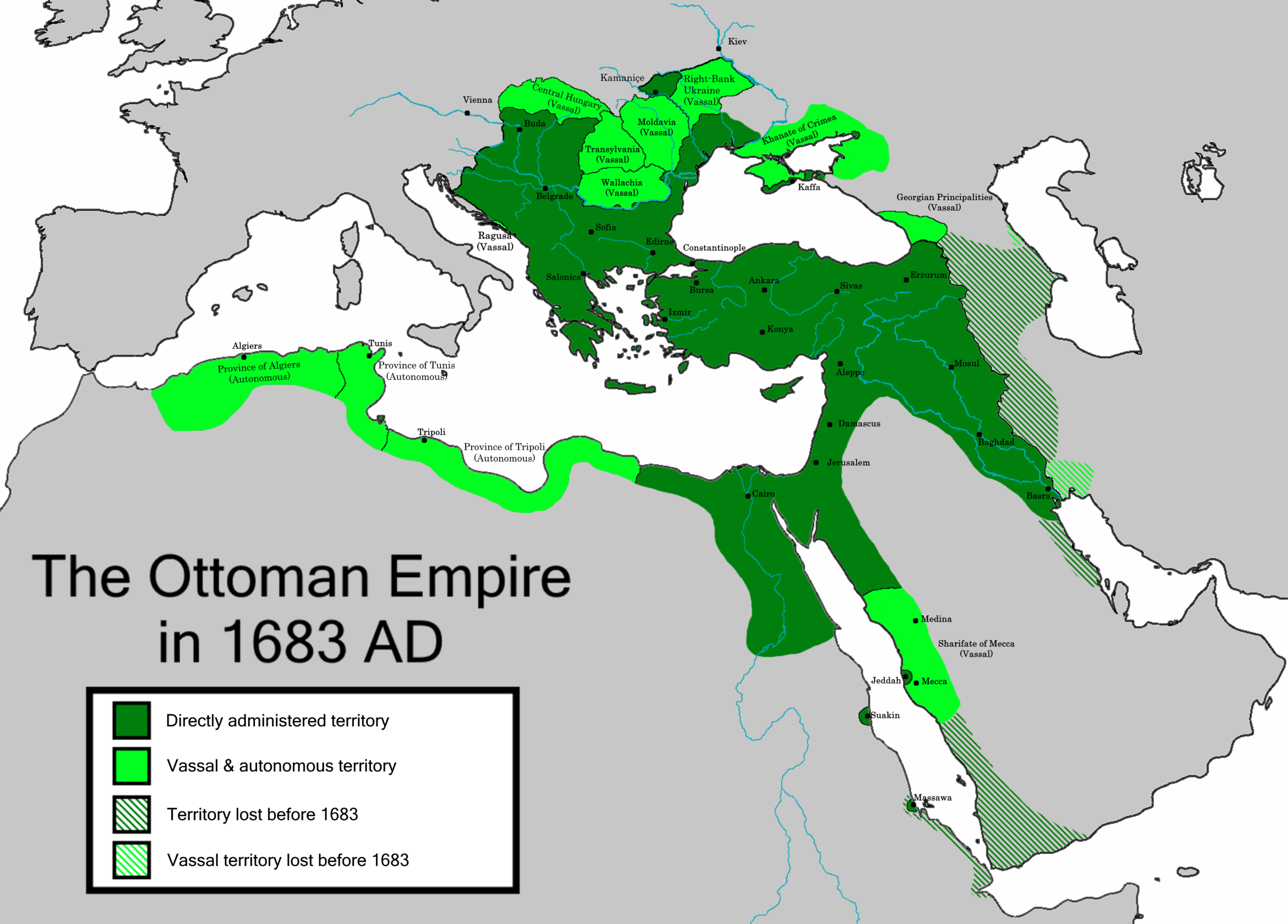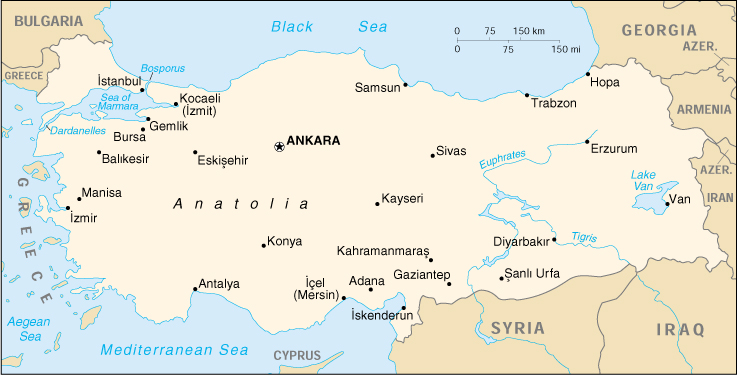
If you’ve already learned and practiced Turkish 1 For Travel , you’ll be ready to tackle the next 12 essentials.
These are words and phrases that’ll help you ask “Where is …?” questions – if you’re looking for the bathroom, a pharmacy, a bus stop, or the subway or railway station, a bank or an ATM.
You may also want to know if the person you’re talking with speaks German, or English – that is, one of the languages you may speak as well.
The Next 12 Turkish Phrases: “Nerede…?”
Learn and Practice Tips
- Click the black arrow to hear the Turkish speaker.
- Click the red dot once to record yourself, click the black square to stop recording.
- When you click the black arrow again, you’ll hear the native speaker and then yourself.
- Do it several times until you sound like the Turkish speaker
- Then “Choose a Study Mode” and test yourself with one of the Quizlet games! (You may need to adjust your Audio Options with the top right icon
 .)
.)
Did you notice?
- In Turkish the question word “nerede” (Where is…?) appears at the end of a question.
- On Lingo-Late the word “nerede” is pronounced “nerde” (common in normal speech), while on Quizlet you clearly hear the middle “e” in “nerede” (the more “proper” pronunciation).
Some Modern Turkish History…
The history of Modern Turkey begins with the foundation of the Turkish Republic in 1923.
The first World War had also led to the end of the Ottoman empire that saw its beginnings in the 14th century. At the height of its power, in the 16th and 17th century, the multilingual, multinational empire controlled most of Southeast Europe, parts of Central Europe, Western Asia, parts of the Eastern Caucasus, North Africa and the Horn of Africa.
(see Wikimedia.org map)
Mustafa Kemal (Atatürk), the first President of the new Republic, implemented substantial and far-reaching changes between 1924 and 1938 (his death), to secularize and westernize the country. His reforms included: unifying education; reforming the language by introducing a Latin-based alphabet; discontinuing religious and other titles; closing Islamic courts; using Switzerland’s secular Civil Code as a model for replacing Islamic Canon law; instituting a new Penal Code based on Italy’s laws; and many others.
Moreover, the equality between the sexes was recognized and women were granted full political rights in 1934.
Atatürk’s successor, Ismet Inönü, was a respected figure of the Independence Wars. He faced internal struggles and lost some of his popularity as Turkey navigated through World War 2 period as a neutral country.
In 1946 Inönü’s government agreed to multi-party elections. His party won and Inönü remained President until 1950, when his Republican People’s Party (CHP) lost the second free elections. Beside Atatürk, Inönü is still remembered as one of the key figures of Turkey. (see Turkey in 2019 below)
The election of the Democratic Party and the government of Adnan Menderes from 1950-1960 could reap initial success with a booming economy. But high inflation and public debt, coupled with new censorship laws and other restrictions led to dissatisfaction with the government and to a military coup by General Cemal Gürsel.
Until 2002, unstable government coalitions and more military coups, as well as Turkey’s invasion of Cyorus made the international news.
In 2002, new elections brought the conservative Justice and Development Party (AKP) under the leadership of Istanbul’s mayor, Recep Tayyip Erdoğan to power. An attempted but failed coup by factions of the Turkish military led to major purges of military officials, judges, civil servants. The coup was blamed on the influence of the vast network led by U.S.-based Muslim cleric Fethullah Gülen.
While a member of NATO since 1952, with the second largest standing military force after the US, its relationship with the US and NATO has been called “strange” by many observers.
Undoing many of Atatürk’s secular achievements, limiting the freedom of the press and the rights of the Kurdish minority, and most recently, the invasion of Syria’s border area cause concern for western governments.
Erdogan’s AKP again won the general election in 2018 with 52.6 % of the vote. Following the approval of constitutional changes in a 2017 referendum, Erdogan now combines the positions of President and Prime Minister.
“Nerede…?”-Questions Answered…
Asking “Nerede…?” questions could let the person you are asking assume that you speak Turkish.
The result will often be an answer and a stream of Turkishwords you may not understand.
It would therefore be good to know some basic directional words and phrases in Turkish – left, right, straight ahead, etc.
Check back with us for next 13 Turkish phrases in a few weeks.